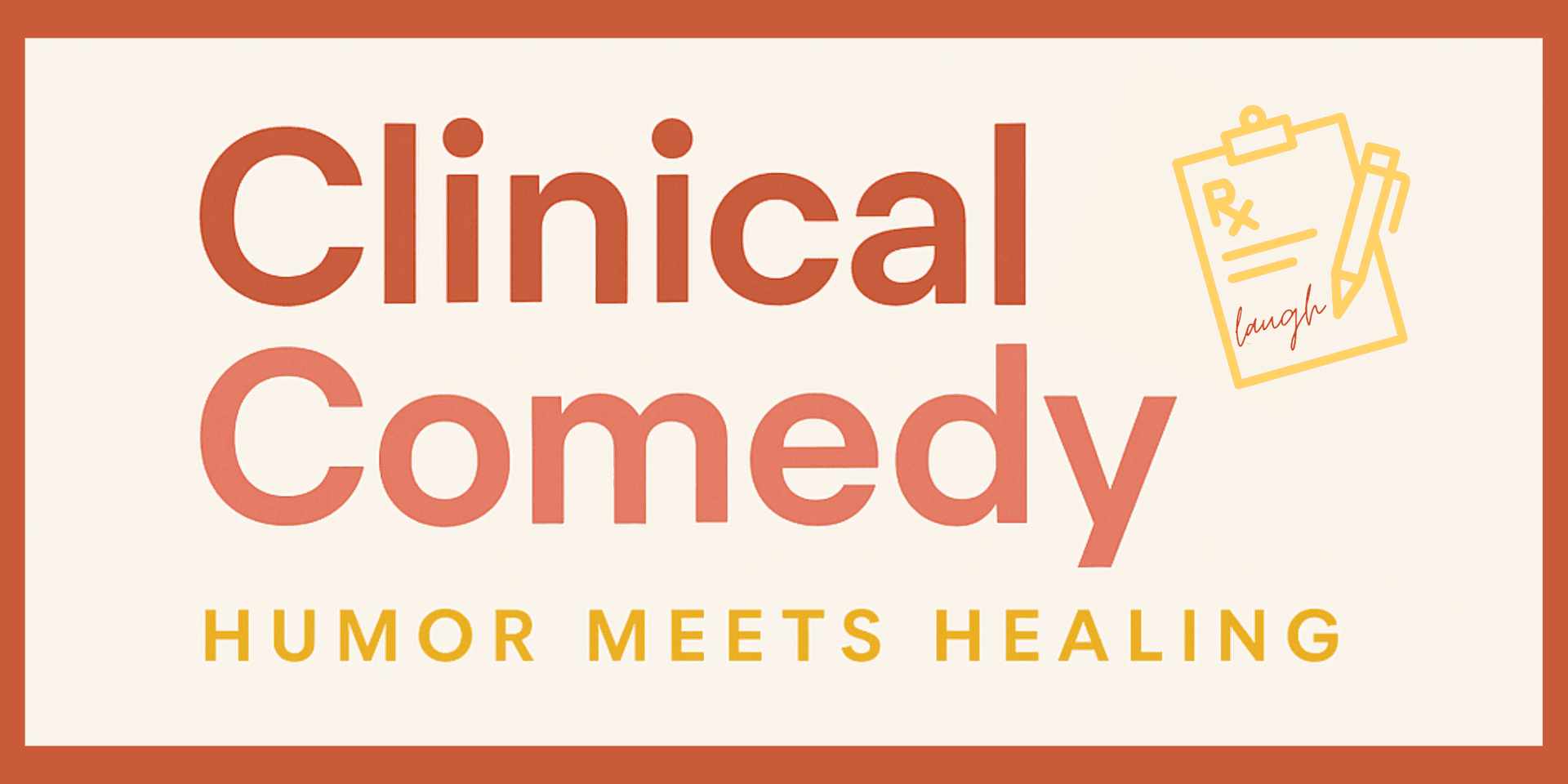Breaking the Stigma: Comedians Open Up About Mental Health
Shattering Preconceptions: The Role of Comedy in Mental Health
Mental health has long been a topic shrouded in stigma and misunderstanding. However, in recent years, comedians have taken a bold step forward by sharing their personal experiences with mental health challenges. By doing so, they are not only breaking down barriers but also using humor as a tool for healing and connection.

Humor as a Coping Mechanism
For many comedians, humor is more than just a career; it is a vital coping mechanism. The ability to find and share laughter in the face of adversity is a powerful way to process difficult emotions and experiences. Comedians often use their platforms to discuss topics like depression, anxiety, and other mental health issues, bringing them into the public eye in a relatable and accessible way.
This approach has a profound impact on audiences, offering a sense of solidarity and understanding. As comedian Ruby Wax once said, "If you can talk about it, you can deal with it." This transparency helps to normalize conversations around mental health, making it easier for others to seek help.
The Therapeutic Power of Laughter
Laughter has been scientifically proven to have numerous benefits for mental health. It can reduce stress, improve mood, and even boost the immune system. When comedians share their personal stories through humor, they not only entertain but also provide therapeutic relief for both themselves and their audiences.

By using their craft to address serious issues, comedians create a unique space where laughter and vulnerability coexist. This allows individuals to confront their struggles in a supportive environment, reducing feelings of isolation and shame.
Breaking the Silence
While mental health advocacy has gained traction in recent years, there is still much work to be done. Comedians like John Mulaney, Hannah Gadsby, and Pete Davidson have used their platforms to speak candidly about their mental health journeys.
- John Mulaney has openly discussed his struggles with addiction and recovery.
- Hannah Gadsby’s groundbreaking show "Nanette" shed light on her experiences with trauma and autism.
- Pete Davidson has been transparent about his battle with borderline personality disorder.
These stories help dismantle stereotypes and encourage others to seek support without fear of judgment.

A Call to Action
As more comedians step forward to share their experiences, there is hope for a society where mental health is openly discussed and understood. The entertainment industry holds significant influence over public perception, and by prioritizing these conversations, comedians are fostering a culture of empathy and awareness.
It is essential for audiences to support these artists by attending shows, engaging in conversations, and advocating for mental health resources. Together, we can continue to break the stigma surrounding mental health and ensure that everyone feels empowered to seek the help they need.
Conclusion: Laughter as a Bridge
In conclusion, comedians play a crucial role in breaking the stigma surrounding mental health. Through humor and honesty, they create a bridge that connects us all in our shared human experience. As we laugh together, we also heal together—one joke at a time.
